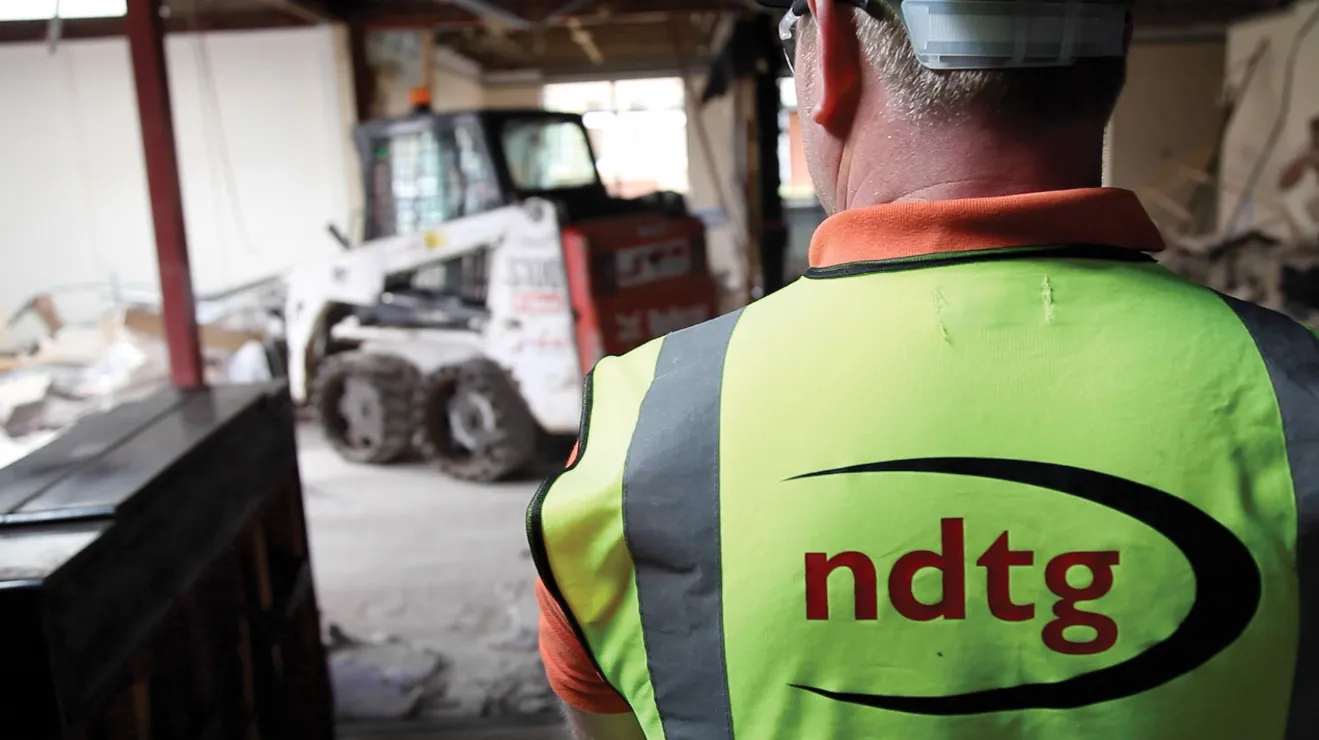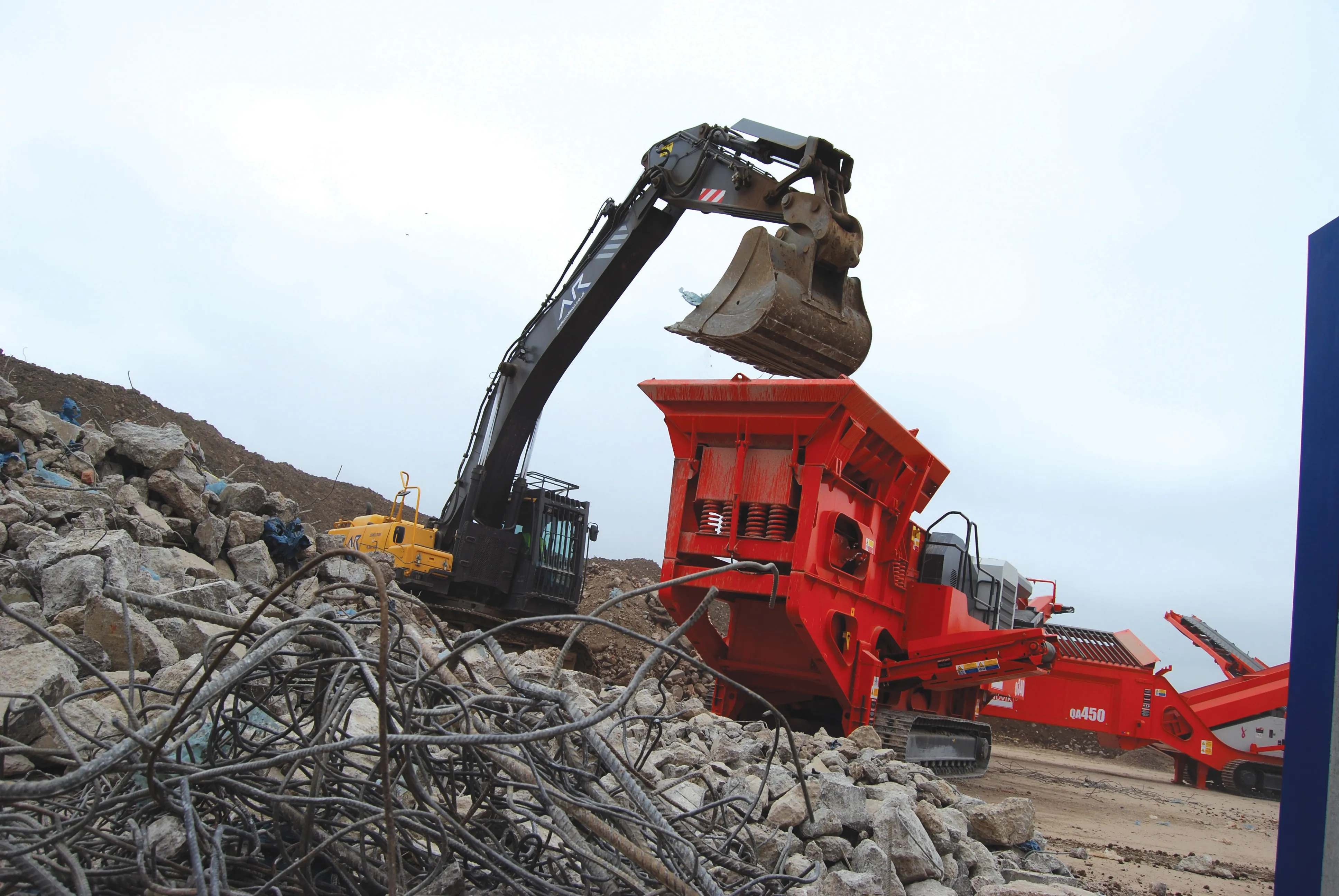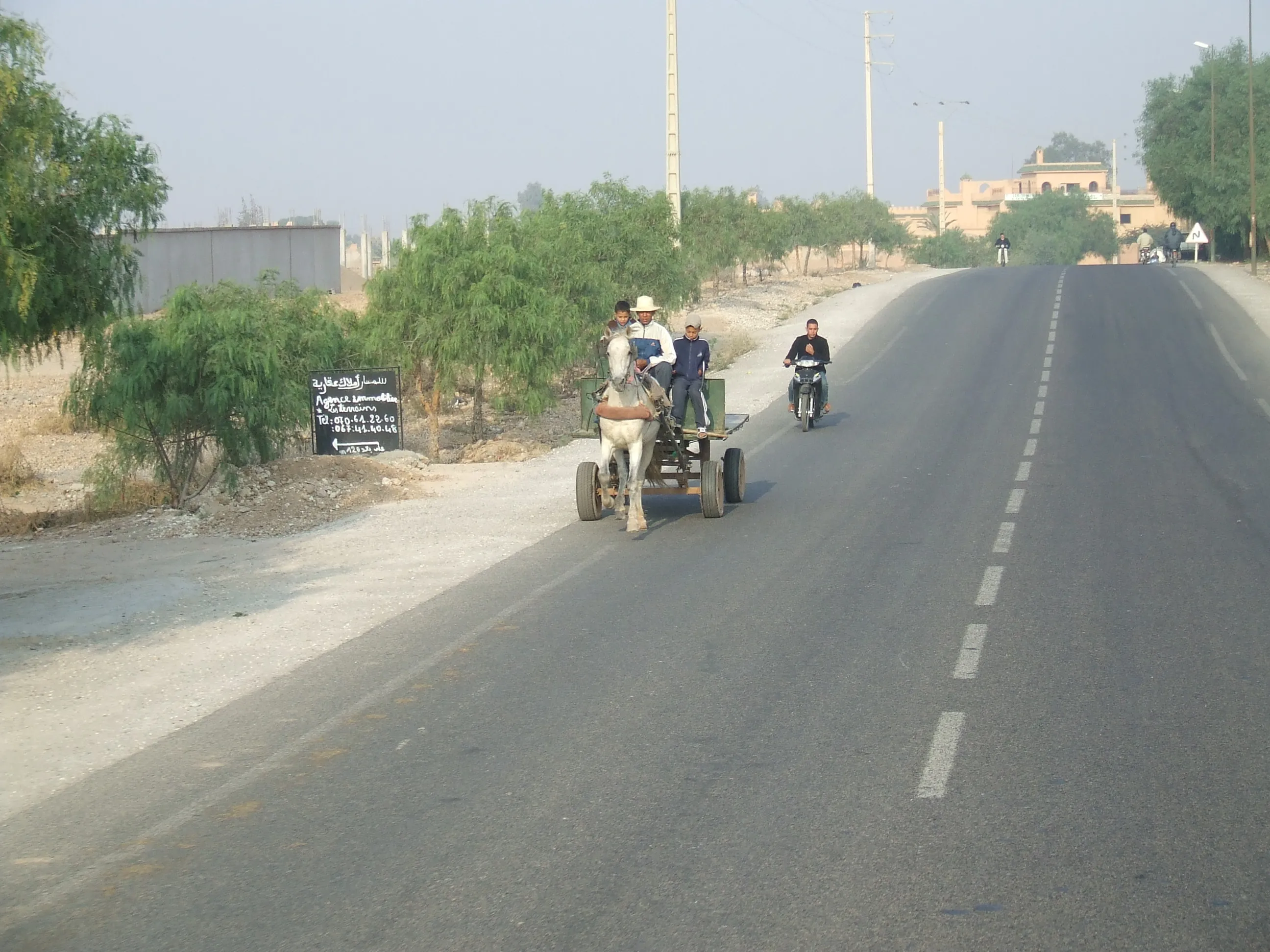In the UK the National Demolition Training Group is setting a precedent by establishing the first-ever CPCS skid steer loader test that designed specifically for the demolition industry The National Demolition Training Group (NDTG) is the training arm of the National Federation of Demolition Contractors (NFDC). This first test coincides with the switch in training course designations to the new suite of competence cards, which includes a classification for a demolition skid steer loader used in a demolition
November 29, 2012
Read time: 2 mins

In the UK the National Demolition Training Group is setting a precedent by establishing the first-ever CPCS skid steer loader test that designed specifically for the demolition industry
TheWhether this training programme will be introduced across Europe has yet to be seen, however the demolition sectors in the US and Canada work closely with the NFDC so similar training programmes will be likely to be developed in North America.
The first test took place at the Kettering Science Academy, a live Wilmott Dixon site with machines provided by AR Demolition. “On this kind of demolition test, we are looking for a different skill set to that of any other industry or sector. Candidates must be able to demonstrate knowledge of the demolition environment and have a minimum of two years industry experience,” explained National Demolition Training Group assessor Duncan Rudall. “Operatives have to take a touch-screen test first, undergo an hour-long theory test, and then it’s onto the machine starting with a pre-start check of the machine and its surroundings. The test also includes driving the machine across a site, negotiating a variety of obstacles, and carrying out a range of demolition activities.”
Each person successfully completing the test will now carry a red CPCS D92 Demolition Skid Steer in a Demolition Environment card that is valid for a period of two years. “The new test has been designed by demolition industry professionals to accurately mirror the very specific demands placed upon skid steer operators in this sector,” said NDTG training group manager Sophie Cox.








